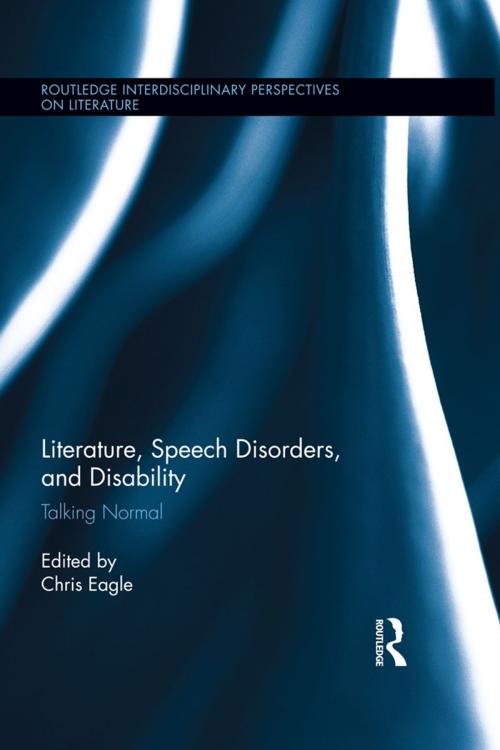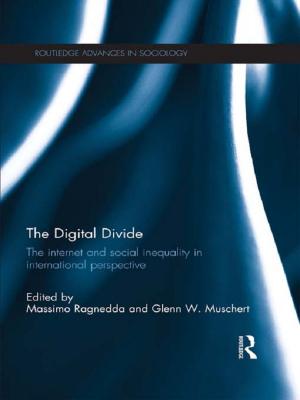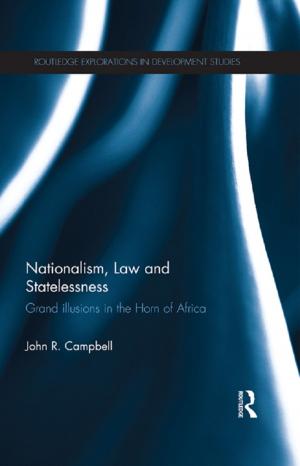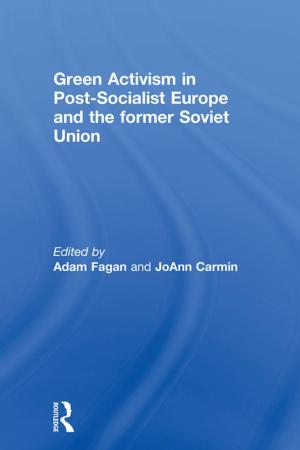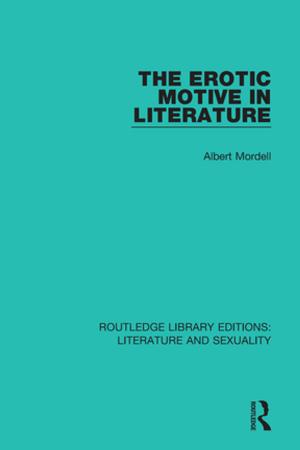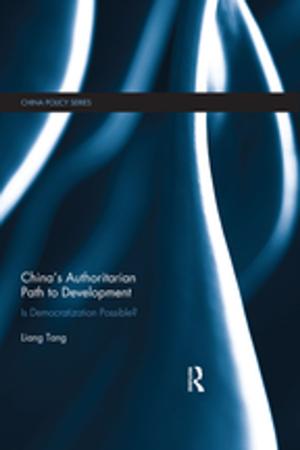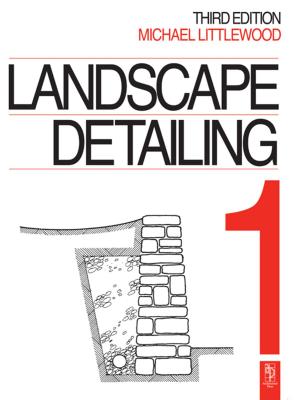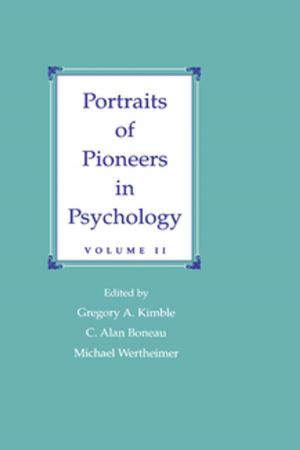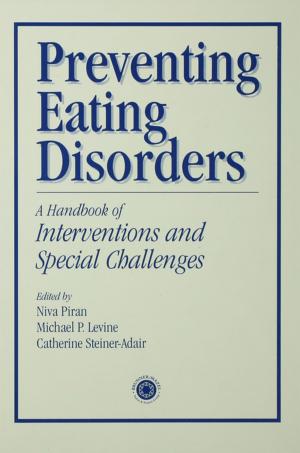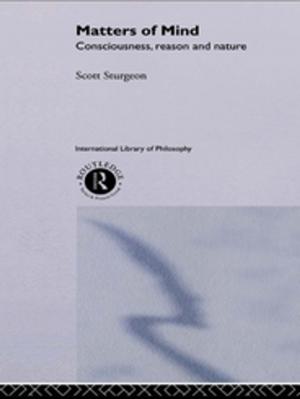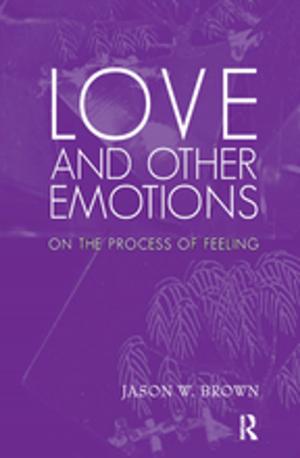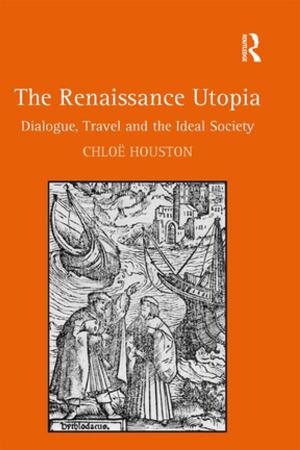Literature, Speech Disorders, and Disability
Talking Normal
Nonfiction, Social & Cultural Studies, Social Science, Disability, Fiction & Literature, Literary Theory & Criticism| Author: | ISBN: | 9781135041922 | |
| Publisher: | Taylor and Francis | Publication: | October 8, 2013 |
| Imprint: | Routledge | Language: | English |
| Author: | |
| ISBN: | 9781135041922 |
| Publisher: | Taylor and Francis |
| Publication: | October 8, 2013 |
| Imprint: | Routledge |
| Language: | English |
Examining representations of speech disorders in works of literature, this first collection of its kind founds a new multidisciplinary subfield related but not limited to the emerging fields of disability studies and medical humanities. The scope is wide-ranging both in terms of national literatures and historical periods considered, engaging with theoretical discussions in poststructuralism, disability studies, cultural studies, new historicism, gender studies, sociolinguistics, trauma studies, and medical humanities. The book’s main focus is on the development of an awareness of speech pathology in the literary imaginary from the late-eighteenth century to the present, studying the novel, drama, epic poetry, lyric poetry, autobiography and autopathography, and clinical case studies and guidebooks on speech therapy. The volume addresses a growing interest, both in popular culture and the humanities, regarding the portrayal of conditions such as stuttering, aphasia and mutism, along with the status of the self in relation to those conditions. Since speech pathologies are neither illnesses nor outwardly physical disabilities, critical studies of their representation have tended to occupy a liminal position in relation to other discourses such as literary and cultural theory, and even disability studies. One of the primary aims of this collection is to address this marginalization, and to position a cultural criticism of speech pathology within literary studies.
Examining representations of speech disorders in works of literature, this first collection of its kind founds a new multidisciplinary subfield related but not limited to the emerging fields of disability studies and medical humanities. The scope is wide-ranging both in terms of national literatures and historical periods considered, engaging with theoretical discussions in poststructuralism, disability studies, cultural studies, new historicism, gender studies, sociolinguistics, trauma studies, and medical humanities. The book’s main focus is on the development of an awareness of speech pathology in the literary imaginary from the late-eighteenth century to the present, studying the novel, drama, epic poetry, lyric poetry, autobiography and autopathography, and clinical case studies and guidebooks on speech therapy. The volume addresses a growing interest, both in popular culture and the humanities, regarding the portrayal of conditions such as stuttering, aphasia and mutism, along with the status of the self in relation to those conditions. Since speech pathologies are neither illnesses nor outwardly physical disabilities, critical studies of their representation have tended to occupy a liminal position in relation to other discourses such as literary and cultural theory, and even disability studies. One of the primary aims of this collection is to address this marginalization, and to position a cultural criticism of speech pathology within literary studies.
